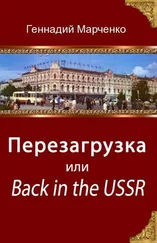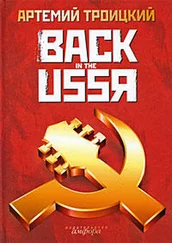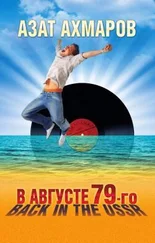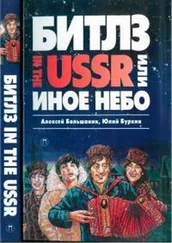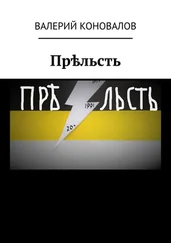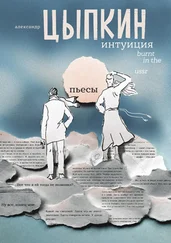Domestic rows blow up with boring regularity. Every family drinks. The noise only abates in the early morning when the bottles are empty and the shops still shut.
Each morning my hangover gets me out of bed, just as if I was going to work. I gather together bottles from the night before and go next door to shop No. 28 to exchange the empties for a glass of cheap fortified wine. This disgusting brew helps me control myself until ten o’clock when the spirits section opens.
In the morning my hands shake so much that I can’t hold a glass without spilling it over myself. If I have a companion with me he pours the wine down my throat; if not I use a belt. I wrap one end round the hand that holds the glass and pass the other around my neck, pulling on it until the glass reaches my lips.
On the days when the shop is out of wine we have to look for eau de Cologne or aftershave lotion. These are hard to drink on an empty stomach. Furniture polish is the worst — that is real poison and always makes me puke. However, once I’ve lined my stomach with a hair-of-the-dog I can drink whatever comes my way.
Alkies from the whole district congregate in my room. It’s warmer than the street. I open the day’s session by banging my fist on the table:
“What’s the fucking use of thinking?
Fill your glasses and start drinking!”
Each person takes a bite from a stale hunk of bread on the table as they pass the bottle around. If a new face appears at the door I shout: “Come in! Welcome to the communist state. Don’t worry about a thing. Put on what you like and sleep with who you like. In the morning we sort out clothes and girls.”
I try to avoid my former workmates. They are all drinkers too, but unlike me, they don’t comb the shops for lacquer and varnish. Occasionally I see my mother in the streets and then I have to duck out of her sight. Unfortunately ours is a small town, and local gossips inform her of my descent into street drinking. When she comes down to shop No. 28 and bundles me into a taxi I resign myself to the inevitable. My mother has a bag already packed. We drive out to a hospital at Rubezhnoye, a former country estate where Catherine the Great’s lover, Count Orlov, kept thoroughbred horses. After the revolution the house was converted into a hospital, but 50 years of Soviet power have brought it to a state of collapse.
The director turns a blind eye if patients get drunk on occasion; the most important thing is to repair the place. A condition of treatment is that each patient has to work four hours a day without pay. They paint and plaster walls and build the director’s dacha in the grounds. My job is to watch the hospital’s water tank, making sure it never overflows or runs dry.
“Go on, drink your damned vodka! Drink the filthy stuff!” the doctor stands in the middle of our circle, conducting us like a circus ringmaster. We each have a bucket between our knees. The doctor has injected us with apomorphine before making us swallow a warm solution of bicarbonate of soda. Then we drink vodka from the three bottles we have each been told to bring with us to the hospital.
The doctor examines everyone’s bucket. I can’t manage to throw up, so he makes me drink a mixture of vitriol, castor oil and grease. The next morning I stick two fingers down my throat while the doctor’s back is turned. Anything is better than drinking that dreaded cocktail again. After a dozen sessions I start to vomit blood and they take me off the treatment — a blood vessel has burst in my stomach.
Next we’re treated with Antabuse, with a cruelty and intensity I have never yet experienced. After my dose the doctor makes me drink 20 grams of vodka. I suffocate. My chest feels as though it’s being crushed by rocks. As I struggle for breath the doctor holds up a hand mirror. My face turns purple and then deathly white. My hands and feet are freezing. The doctor gives me oxygen, wraps me in blankets and monitors my blood pressure.
With each treatment they increase the dosage of vodka. When I return to consciousness, only half alive, the doctor leans over me and says: “There, you see, in hospital, in the presence of a doctor, you almost died. What will happen to you if you have a drink outside? You will die! You’ll die gasping like a dog!”
Despite this torture I still do not believe in the efficacy of Antabuse; however I stay off the bottle for a few weeks after my release. I hope to keep sober for long enough to find a more interesting circle of friends. I am sick of hanging around the vodka shop with completely degraded people. After my two unsuccessful attempts to escape Chapaevsk I begin to suspect that I will only find the company I desire in Moscow. In the capital there must be people who live life in the fullest sense of the word, who write novels and read poems to each other. But how could I live among those parasites? They think they are above us provincials, all the while bleeding us dry, living off our backs. They think themselves so superior, yet to boast that you are a Muscovite born and bred is as absurd as boasting that you were born on Saturday.
Even if I decide to go to the capital I’ll have to live rough as I know no one there. And all those plate glass windows reflecting the ugly curve of my leg will be a constant reminder of my disability.
Instead of Moscow I go out to the steppe. My sister’s husband Yura keeps bees and he needs someone to watch the hives during the summer.
The last remnants of the ancient forest that once covered most of Kuibyshev province were cut down during the Great Patriotic War. [23] The Great Patriotic War is the Russian name for the Second World War.
Now the steppe-land crops are protected from dry winds by strips of plantation. These trees have grown from the saplings which my classmates and I helped to plant twenty five years ago.
Along the edge of the plantation are some 80 beehives belonging to different owners. They take it in turns to bring me food, water, tea and cigarettes. Yura lends me a tent, a camp-bed and a pair of Wellington boots. He offers me a dog but I don’t want one. She’ll bark at every wild animal that passes.

I quickly become attuned to the life of the forest. After a few days I put my watch away; I’ve learned to tell the time by the sun and the stars. I notice that the magpie chatters in quick alarm at the approach of a human, while his chatter has a different timbre when an animal approaches. When the ants begin to scurry, trying to cover the entrance to their nests, I know it’s time to take some dry wood into my tent. Sure enough, leaves rustle, the mosquitoes bite more viciously, and I hear the first patter of raindrops on my tent roof.
The birds will not let me sleep through the forest dawn, but that is a blessing. I rise to the nightingale’s song, edging out of my tent and sitting absolutely still, not even smoking. The bird takes no notice of me and sings on, beautifully and forcefully. It is not just singing for love, for the female is already sitting on her eggs. I wonder where that power comes from.
When the nightingale falls silent I set off to look for mushrooms. In my childhood Grandfather Dobrinin taught me how to search for them; he even knew by the smell of the wood what type of mushrooms grew there. The best time to look for them is after rain. I gather two basketsful of saffron milk-caps, orange-cap boletus, russula and agarics. By some oaks I strike it lucky and find the prized honey agaric. I give most of my mushrooms away to the beekeepers when they arrive with my provisions.
The next day I go to the steppe to pick bunches of St John’s wort, greater celandine and milfoil for my sister who uses them for folk remedies.
Читать дальше
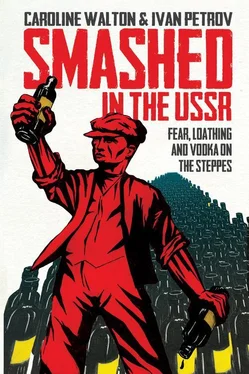

![Геннадий Марченко - Перезагрузка или Back in the Ussr. Книга 1. [СИ]](/books/53319/gennadij-marchenko-perezagruzka-ili-back-in-the-uss-thumb.webp)
